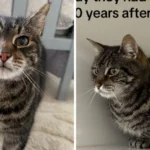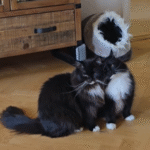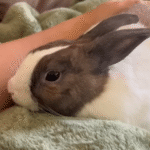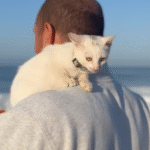Domestic cats, our small and furry household companions, often exhibit behaviors that seem reminiscent of their wild ancestors. Despite thousands of years of domestication, these enigmatic creatures retain many traits that align with their wilder cousins. This article delves into why domestic cats still exhibit wild hunting behaviors, revealing the blend of instinct and adaptation they embody.
Origins of Feline Hunting Instincts
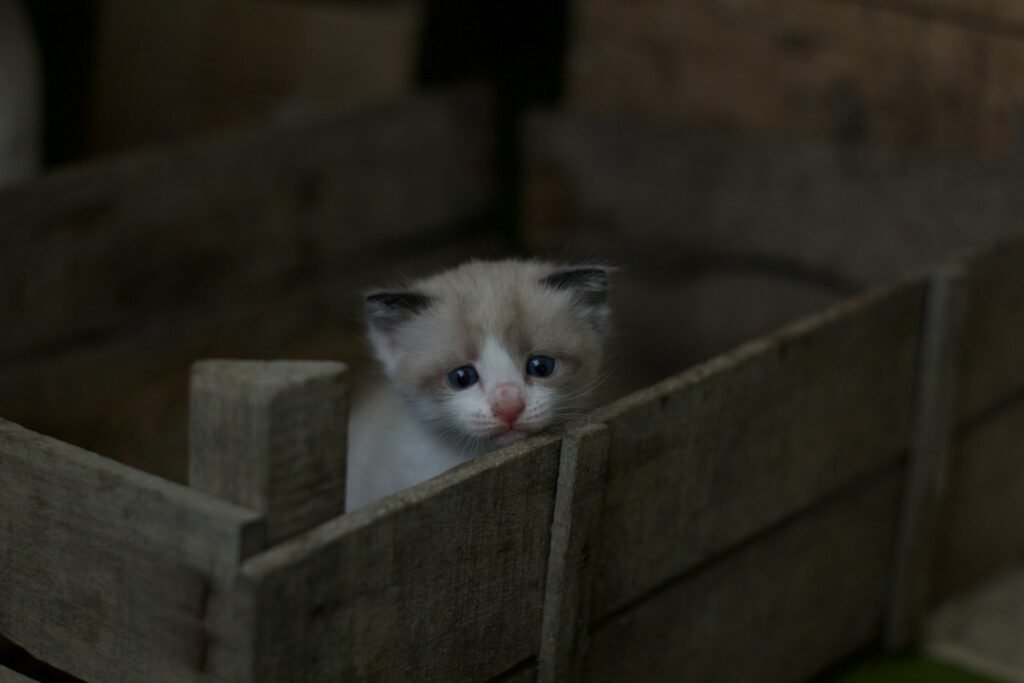
The origins of a cat’s hunting behaviors can be traced back to their wild ancestors. The Felis catus, commonly known as the house cat, shares a lineage with larger, predatory felines like the lion and tiger. These connections explain why certain hunting instincts remain intact in domesticated cats. While domestication has brought them into our homes, their core hunting instincts stem from a need to survive and thrive in the wild.
The Role of Genetics
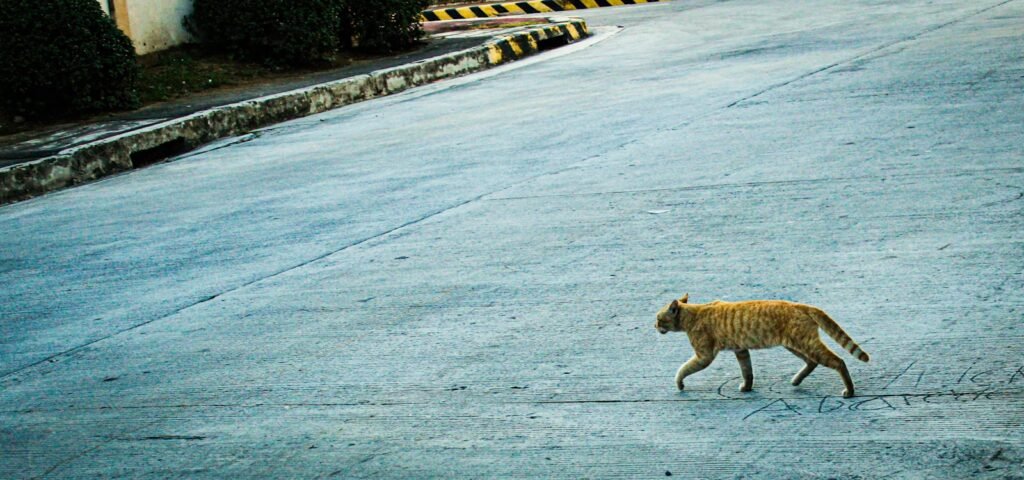
Genetically, domestic cats retain much of their wild ancestry. Studies have shown that the domestic cat’s genome is remarkably similar to that of its wild relatives, such as the African wildcat. This genetic overlap preserves essential hunting behaviors, ensuring cats are equipped with the tools they need for successful predation.
Instinctual and Learned Behaviors
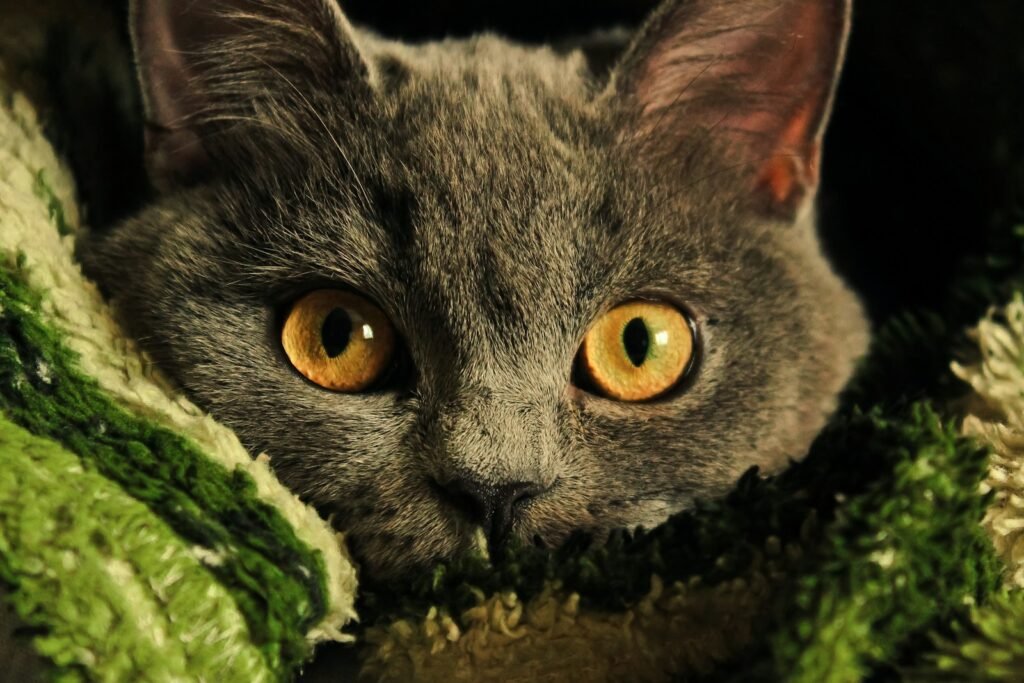
Cats exhibit a combination of instinctual and learned behaviors when it comes to hunting. Kittens often learn these skills through play and by observing their mothers, indicating that while some hunting behaviors are innate, others are honed by interaction and experience. This dual nature of learning ensures that, regardless of upbringing, cats maintain sharp hunting abilities.
Environmental Triggers
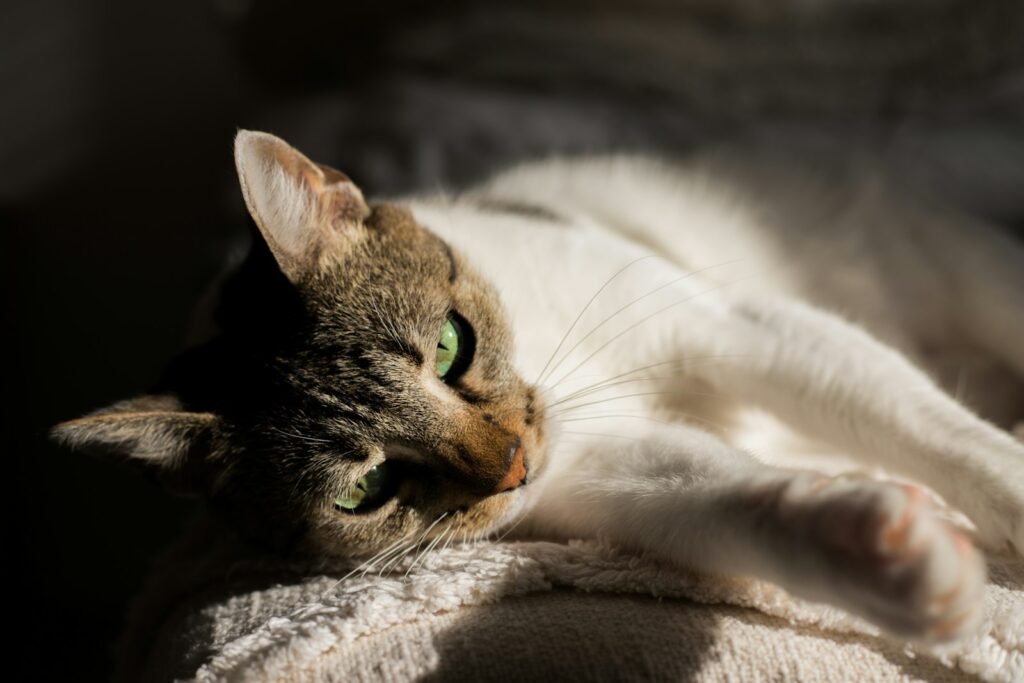
Even in a domestic setting, certain environmental triggers can prompt a cat’s hunting instincts to surface. The rustling of paper, sudden movements, or the fluttering of a bird outside the window can stimulate these behaviors. These triggers mimic stimuli that a cat would encounter in the wild, activating their predatory response.
The Influence of Play
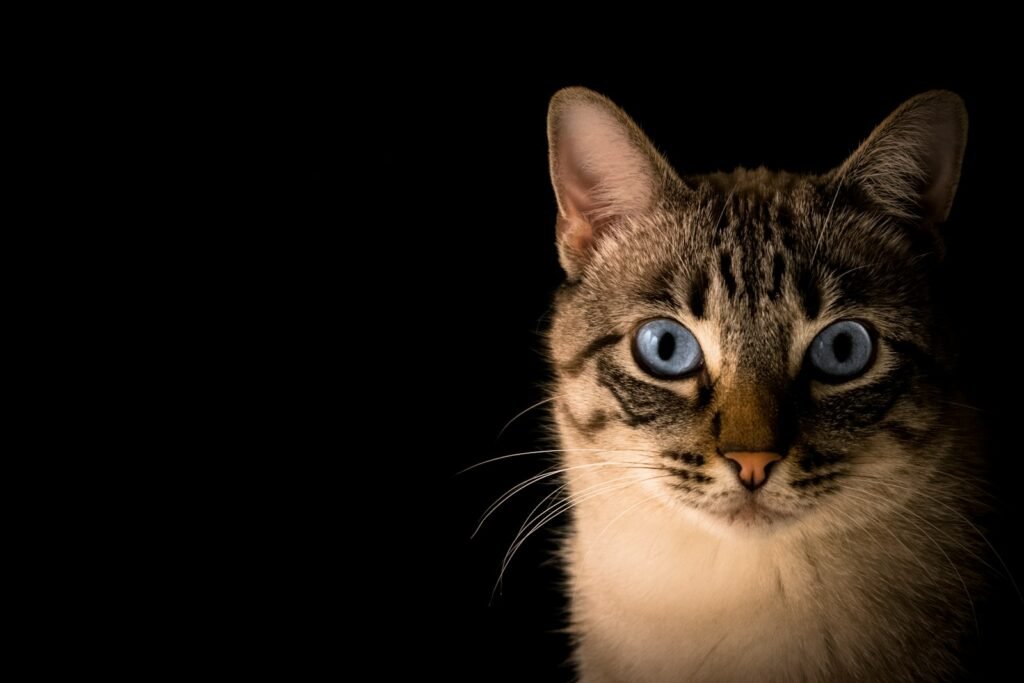
Play is a crucial aspect of feline development and predatory skills. Domesticated cats often engage in play that simulates hunting scenarios—stalking, chasing, and pouncing. This playful behavior is not merely recreational; it serves to exercise their hunting instincts and maintain the sharpness of their reflexes.
Domestication and Retained Behaviors
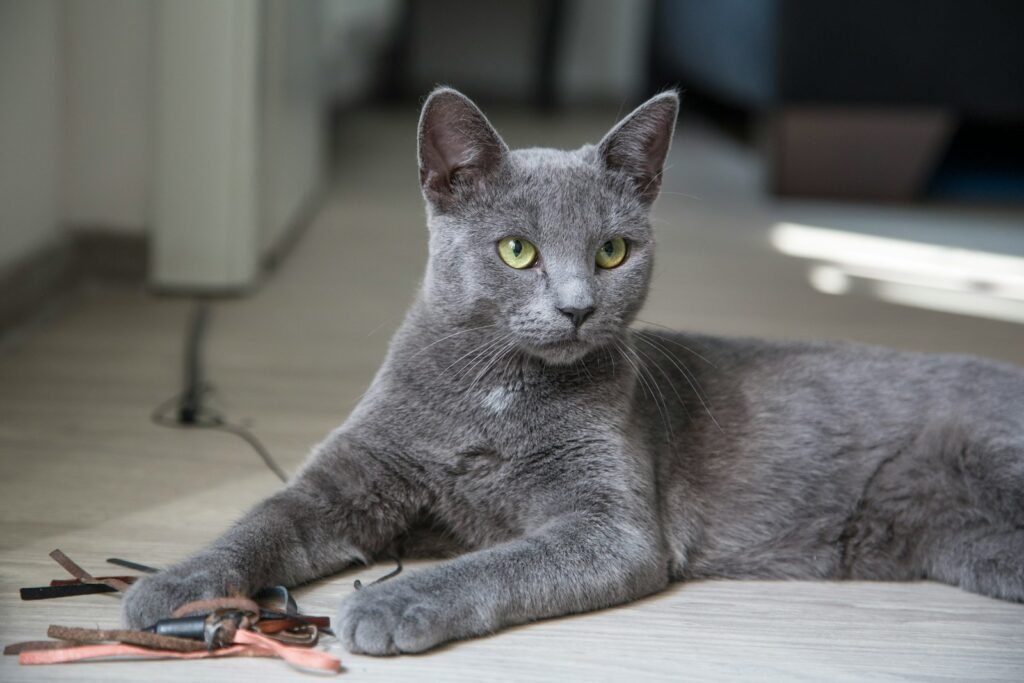
Domestication has gradually altered certain aspects of cat behavior, but it hasn’t entirely eradicated their hunting instincts. Unlike dogs, whose roles have varied significantly with domestication, cats have largely retained their independence and, consequently, their predatory skills. This retention is partly because their early domestication was encouraged to control rodents, which required effective hunting capabilities.
Benefits of Hunting Behaviors
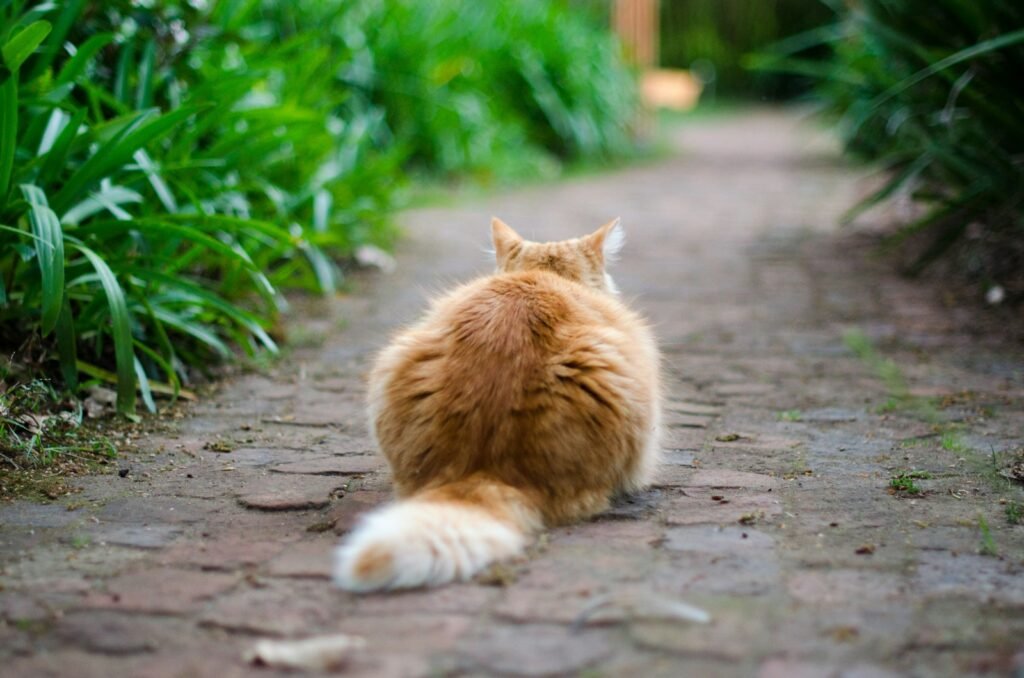
Hunting behaviors contribute significantly to a cat’s well-being. Physically, hunting helps maintain a cat’s fitness level, while mentally, it provides engaging, stimulating interactions with their environment. Through hunting, cats exercise their bodies and minds, warding off the consequences of sedentary lifestyles.
Impact on Domestic Life

While these hunting traits are beneficial, they can lead to challenges in a domestic setting. Cats might bring home unwanted prey or exhibit hunting-like behavior towards other household pets. Understanding these natural instincts helps owners manage such behaviors and find appropriate outlets for their feline friends’ predatory agilities.
Managing and Channeling Hunting Instincts
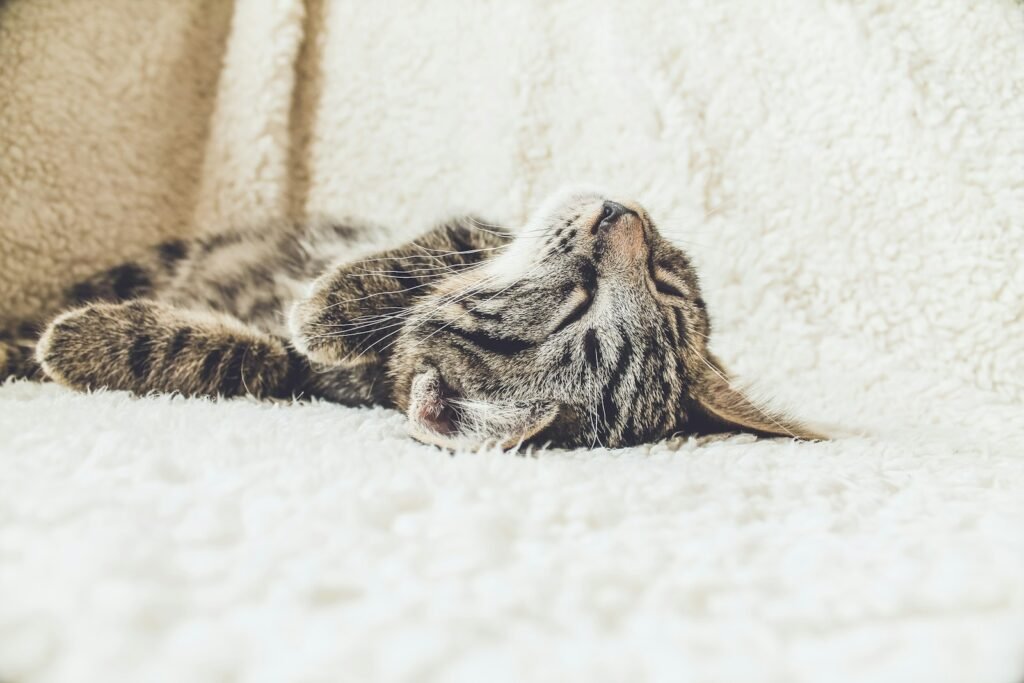
Cat owners can channel their pets’ hunting instincts through interactive toys, engaging them in play sessions that satisfy their predatory drives. Toys that mimic the sights, sounds, and movements of prey can provide a safe and satisfying outlet for these behaviors, helping maintain a balance between their natural instincts and domestic lifestyle.
Conclusion: The Timeless Hunter in the Domestic Cat
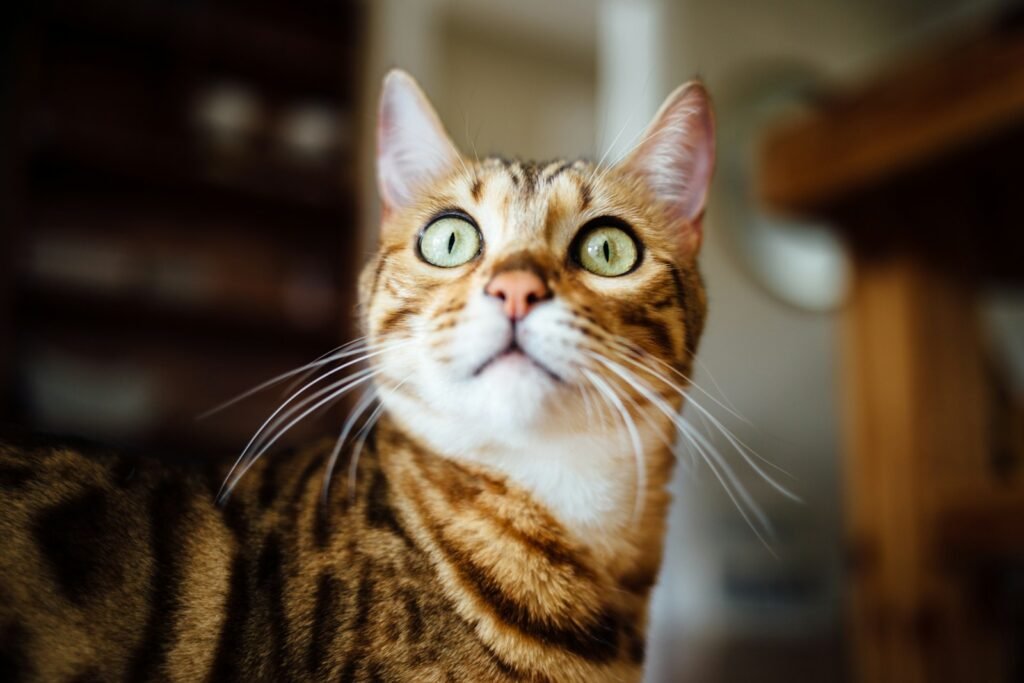
Domestic cats, while beloved members of many households, carry with them a legacy of wild instincts shaped by their ancestors’ need to hunt and survive. Understanding and appreciating these behaviors allows us to create environments where our feline companions can thrive. Their continued display of hunting instincts serves as a testament to the rich history of cats, bridging the gap between their wild past and domestic present.
Hi, I’m Bola, a passionate writer and creative strategist with a knack for crafting compelling content that educates, inspires, and connects. Over the years, I’ve honed my skills across various writing fields, including content creation, copywriting, online course development, and video scriptwriting.
When I’m not at my desk, you’ll find me exploring new ideas, reading books, or brainstorming creative ways to solve challenges. I believe that words have the power to transform, and I’m here to help you leverage that power for success.
Thanks for stopping by, Keep coming to this website to checkout new articles form me. You’d always love it!

